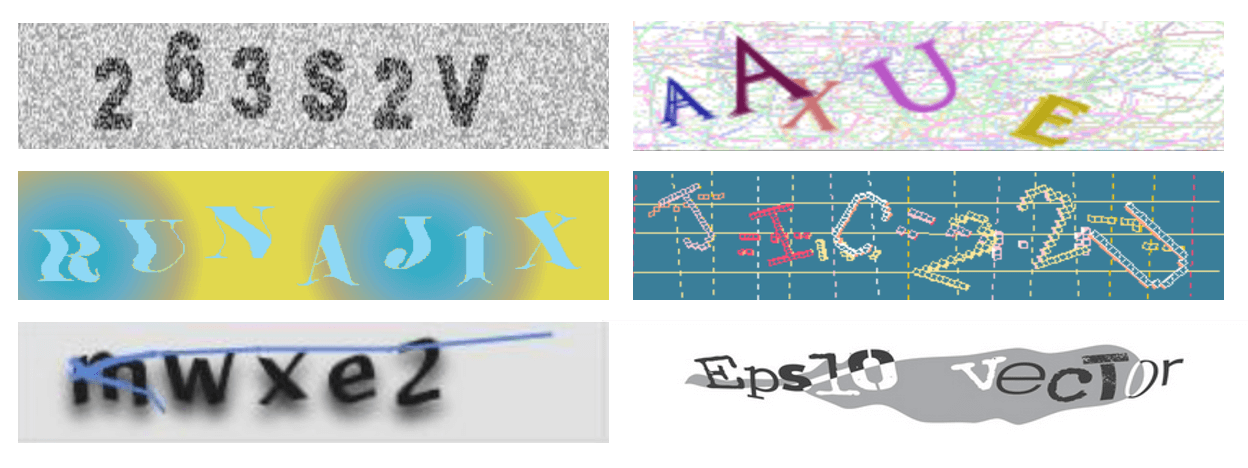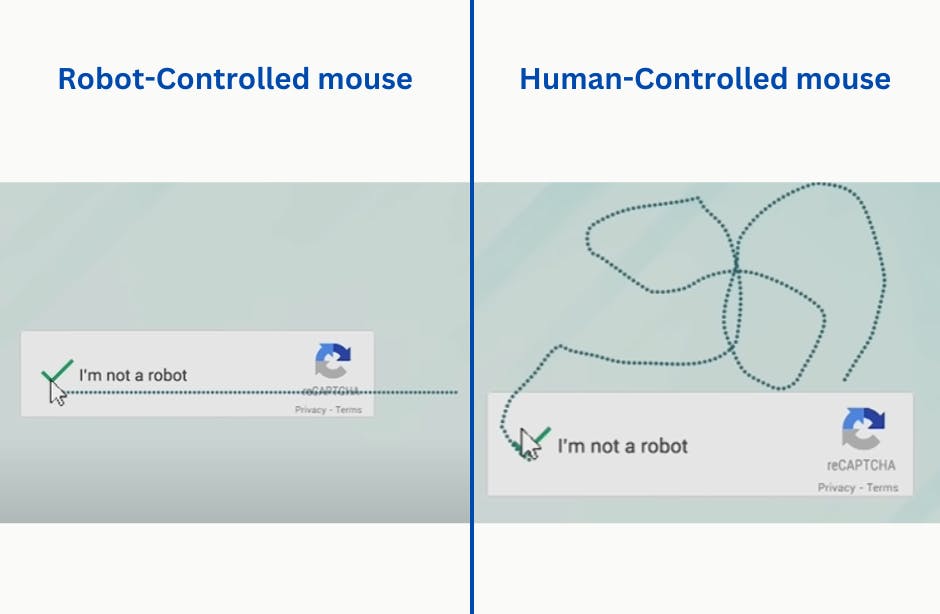Table of contents
No headings in the article.
Since robots are now capable of doing a plethora of intricate tasks, what is to prevent them from checking a straightforward checkbox?

Well, the box is a newer version of a system that used to be called CAPTCHA.
C: Completely
A. Automated
P: Public
T: Turing test to tell
C: Computers and
H: Humans
A: Apart
You must remember that they used to look like this.

However, as robots became more intelligent, CAPTCHA became more difficult, rendering it unusable for those with visual impairments and eventually for everyone else. In 2019, Google developed AI software that was able to pass 99.8% of CAPTCHA tests, compared to 33% for humans.
The going fee for solvers (as of April 2021) was $US 0.30 for 1000 traditional CAPTCHAs. Meanwhile, spammers and those making bulk ticket purchases have outsourced CAPTCHA solutions to teams of low-wage workers in locations like Russia and Southeast Asia.
They are still there; that's why Google invented the Box. They called it reCAPTCHA.
The click isn't the test; the test comes before the click, like how your mouse moves toward that box. Google tracks that kind of thing. The cursor, controlled by a robot, moves in a suspiciously straight line at a constant speed, whereas your mouse movements are more human-like.

If the site is still unsure, you may be asked to click on the squares with traffic lights, fire hydrants, or crosswalks. Modern reCAPTCHA also examines your browsing history.
The final step of reCAPTCHA verification may involve identifying specific objects in images, such as traffic lights or crosswalks. This and other factors, like browsing history, help differentiate humans from automated bots. While the process may seem intrusive, it's important to recognize that by using services like Google, users implicitly consent to certain data collection practices for security purposes.

Google continuously tracks user activity to enhance the overall user experience, including aspects of security. While this tracking may raise privacy concerns, it is typically outlined in the terms of service and privacy policies of Google's products and services. As users, we have the responsibility to be aware of the information we share and the permissions we grant to companies like Google in exchange for the benefits they provide.
The latest versions of reCAPTCHA don't even require users to tick a box; they are protected by reCAPTCHA and governed by the Google Privacy Policy and Terms of Service.
And that's how you proved that you are a human. Congratulations ✨
